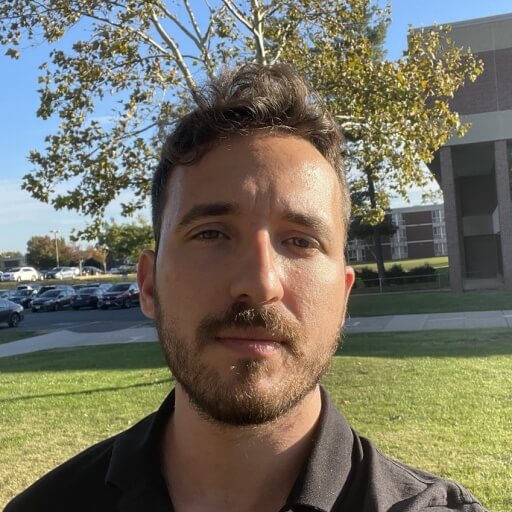
Theo is an Electrical Engineer with a strong mathematical training interested in advancing methods of machine learning and AI for smart health and applications to sports and the performing arts. He has completed his MSci in Psychology and developed several analytical models to automatically classify complex behaviors and distinguish different phenotypes. More recently, Theo has developed new methods of analyses to interrogate the transcriptome in humans and mice models.
Theo has been working on multiple layers of the Precision Medicine knowledge network, spanning from genomics to biometrics of natural behaviors that can serve to stratify disorders on a spectrum and help better manage diagnostics and identification of targets for treatments. He has published his groundbreaking work on Nature Scientific Reports and the Journal of Frontiers in Neuroscience, within its Neurogenomics section. Using his analytics, one can gather a random draw of the population and study gait patterns, as people walk and make turns while naturally pacing, to stratify the cohort into different disorders of the nervous system. These can include various forms of autism such as Fragile X, FMR1 carrier, SHANK3 deletion syndrome, vestibular problems, Parkinson’s disease of various levels of severity as well as neurotypical neurodevelopment and aging.
Theo’s work on genomics discovered new ways to dynamically interrogate the human transcriptome such that no genes go to waste in this inquiry. Using these new analytic that treat genes and full interconnected and co-dependent networks, he can not only parse out different neuronal cell types according to patterns of variation in genes’ expression but more importantly study he origins of neuropsychiatric and neurological disorders. His research has led to the uncovering of new links between the immune and nervous systems during the early embryonic stages of pluripotency.
More recently, Theo has discovered new ways to streamline the ADOS test to diagnose autism, by providing the subset of tasks that naturally enhance the child’s autonomy and predictive control within the social and emotional dyadic interaction taking place with an adult clinician. His work will revolutionize the ways in which we digitize existing inventories in autism to derive interpretable digital biometrics of interactive social emotional learning.
Figures for representative research
Papers
Bermperidis, T., Rai, R., Ryu, J., Zanotto, D., Agrawal, S.K., Lalwani, A.K., Torres, E.B., (2021) “Optimal Time Lags from Causal Prediction Model Help Stratify and Forecast Nervous System Pathology” Nature Scientific Reports, 11, 20904, doi.org/10.1038/s41598-021-00156-2
https://www.nature.com/articles/s41598-021-00156-2
Bermperidis, T., Schafer S., Gage, F.H., Sejnowski, T., Torres, E.B., Dynamic Interrogation of Stochastic Transcriptome Trajectories Using Disease Associated Genes Reveals Distinct Origins of Neurological and Neuropsychiatric Disorders. Front Neuroscience, 16:884707, doi: 10.3389/fnins.2022.884707
https://www.frontiersin.org/articles/10.3389/fnins.2022.884707/full
